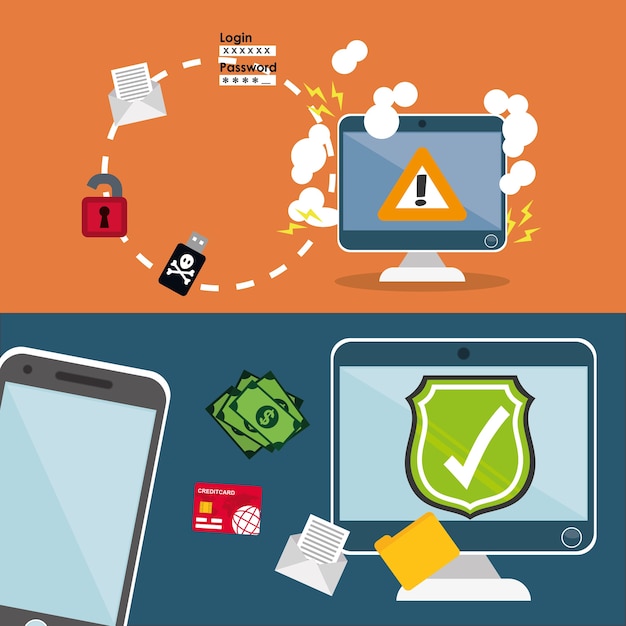Scams can be tricky to spot. Some, like the infamous Tinder Swindler, might seem obvious. But others, like those pulled off by a charming con artist like Frank Abagnale Jr. from "Catch Me If You Can," can be harder to detect. Bank scams can range from blatantly fraudulent to deceptively convincing. Here’s how to keep your money safe by recognizing and avoiding common bank scams.
-
Check-Cashing Scams: Imagine you’re about to enter your bank and a distressed stranger approaches you. They have a check but can’t cash it because they don’t have a bank account or ID. They ask you to deposit the check into your account and give them the cash. If you do, you’ll find out the check is a fraud, and you’re out of pocket. To avoid this, never cash a stranger’s check. There are legitimate ways to cash a check without a bank account, which you can suggest to the stranger.
-
Unsolicited Check Fraud: You receive a check in the mail for a product rebate or account overpayment. You weren’t expecting it, but you cash it anyway. However, by signing it, you’re authorizing a recurring payment from your bank account. To avoid this, be cautious of surprise checks in the mail. If it’s from an unfamiliar company, it’s likely a fraud. If it’s from a trusted source like your bank, verify its authenticity before cashing it.
-
Overpayment Scams: These scams target online vendors. The scammer sends you a check for more than the purchase price and asks you to refund the difference. By the time the check bounces, you’ve already sent them your money. To avoid this, don’t accept checks for more than the amount owed. If a buyer overpays, ask them to send a new payment for the correct amount.
-
Automatic Withdrawal Scams: These scams lure you in with enticing offers. You might be asked to provide your banking details to qualify for a credit card or sign up for a free trial. Even if you cancel in time, scammers can still charge you monthly. To avoid this, don’t give your checking account information to anyone who contacts you unexpectedly. Install security software on your computer and review your bank statements monthly.
-
Phishing Scams: You receive an official-looking letter or email from your bank saying your account has been suspended. There’s a number to call or a link to click to restore access. However, the sender is a scammer trying to get your information. To avoid this, double-check the sender’s email address and contact your bank’s official customer service line to verify the communication.
-
Employment Scams: You answer a job ad and the employer sends you a check to buy gift cards for them. Or, a secret shopping company hires you to evaluate a wire transfer service. They send you a check to deposit in your bank account and ask you to wire a portion of the funds back to them. In both cases, the check is fake, and you’ve lost your money. To avoid this, be wary of employers who send you money before you start working and ask you to send some of it back.
-
ATM Scams: Scammers target ATMs using tactics like card skimming, false ATM fronts, and spying strangers. To avoid this, examine an ATM before using it and be aware of your surroundings. If you notice anything suspicious, find another ATM and report what you saw to your bank.
Remember, if something sounds too good to be true, it probably is. Don’t let pressure tactics or emotional appeals cloud your judgment. If you’ve sent money to a scammer, contact your bank, the Federal Trade Commission, or the appropriate service to see if you can get your money back. If you come across a bank scam, report it to protect others from falling victim.
